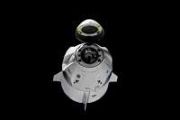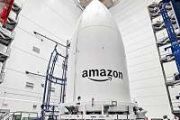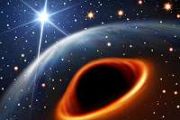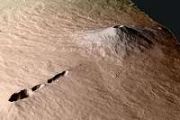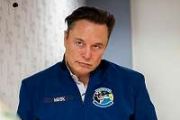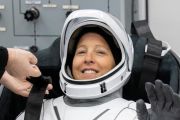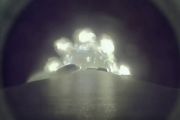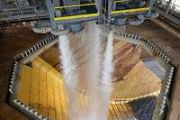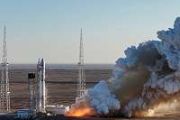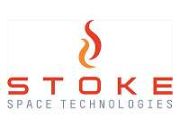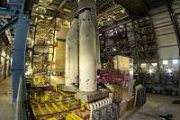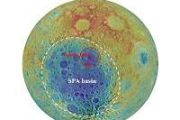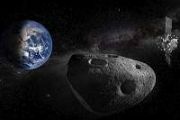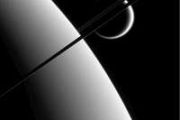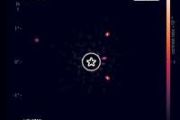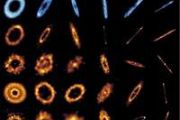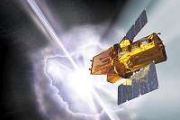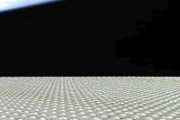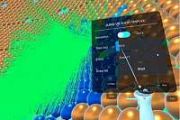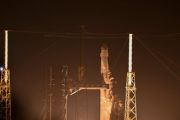
Copernical Team
ESA actively monitoring near-Earth asteroid 2024 YR4

The European Space Agency (ESA) Planetary Defence Office is closely monitoring the recently discovered asteroid 2024 YR4, which has a very small chance of impacting Earth in 2032.
This page was last updated on 29 January 2025.
First MetOp Second Generation satellite to launch in August
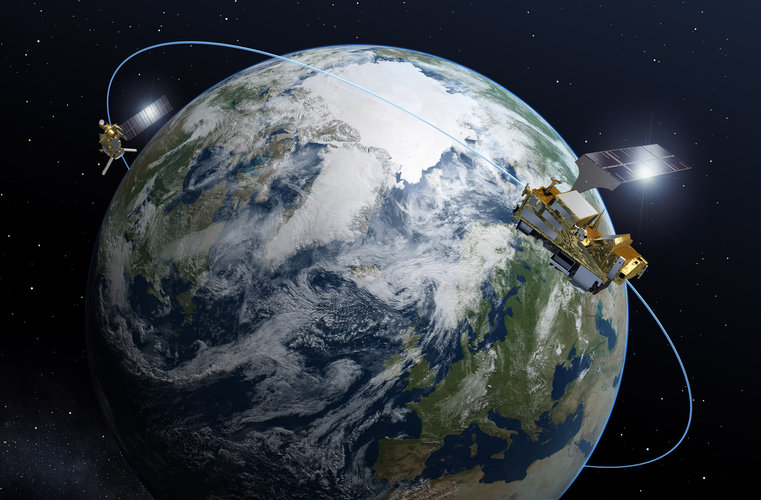
ESA, Eumetsat, the European Commission and Arianespace have announced an agreement to advance the launch of the first MetOp Second Generation weather satellite, which also carries the Copernicus Sentinel-5 mission, to August 2025 aboard an Ariane 6 rocket.
Ariane 6 to take Sentinel-1D into orbit

Entrusted by the European Commission, ESA has signed a contract with Arianespace to secure an Ariane 6 rocket for the launch of the Sentinel-1D satellite, the fourth unit of the Copernicus Sentinel-1 mission, scheduled for the second half of this year.
Europe’s carbon dioxide monitoring mission elevated to the power of three
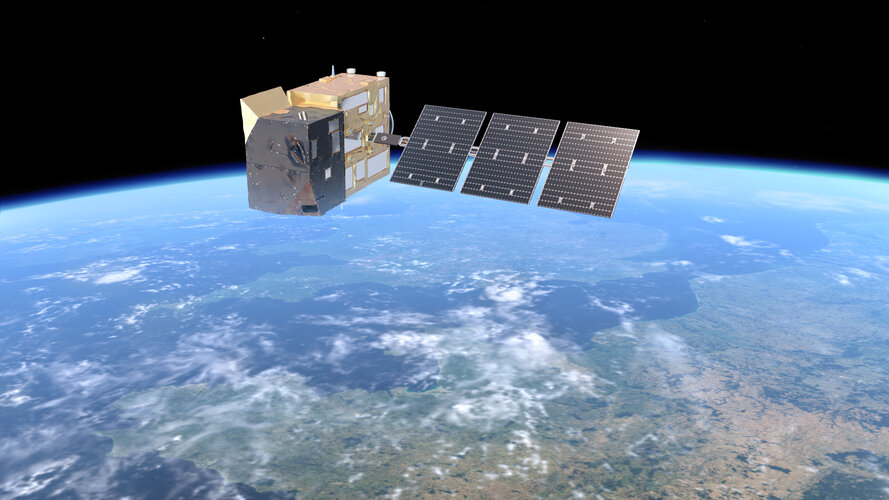
Building on the initial contract to develop two satellites for the Copernicus Anthropogenic Carbon Dioxide Monitoring mission, the European Commission and ESA have now entrusted OHB System AG with the development of a third satellite.
This addition will accelerate global coverage, enabling faster and more comprehensive measurements of carbon dioxide and methane emissions from human activities to enhance the evaluation of climate mitigation efforts.
19 New Space signatures for Copernicus Contributing Missions

Nineteen satellite data companies have signed agreements to provide new or enhanced services to the Copernicus programme in their roles as Copernicus Contributing Missions.
ESA grows private investment in Europe’s space sector

The commercialisation of space is one of the European Space Agency’s (ESA) strategic priorities. By attracting private investors to the space sector, the Agency enables European entrepreneurs and established industry to innovate and develop new uses of space beyond infrastructure and ESA missions.
ESA and Viasat to explore advanced satellite direct-to-device connectivity
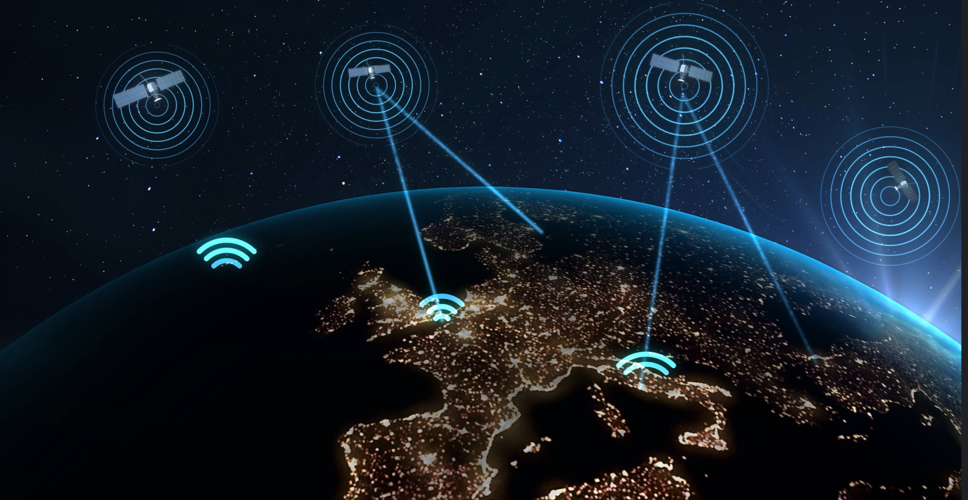
Today in Brussels, the European Space Agency (ESA) and Viasat signed an agreement to explore a partnership concerning a direct-to-device (D2D) satellite system, aiming to provide mobile broadband connectivity anytime, anywhere.
Company developing supersonic aircraft
 China's private aerospace sector is showcasing its advanced technological capabilities, expanding beyond rockets, satellites, and drones to pursue a bold new venture: the development of a supersonic suborbital airliner aimed at drastically reducing intercontinental travel times.
Lingkong Tianxing Technology, an aerospace firm based in Beijing, revealed during a news conference on Monday in
China's private aerospace sector is showcasing its advanced technological capabilities, expanding beyond rockets, satellites, and drones to pursue a bold new venture: the development of a supersonic suborbital airliner aimed at drastically reducing intercontinental travel times.
Lingkong Tianxing Technology, an aerospace firm based in Beijing, revealed during a news conference on Monday in How to Design Humane Autonomous Systems
 In a rapidly evolving era of artificial intelligence (AI) and autonomous systems, a new book by a team of interdisciplinary scholars provides an essential examination of these technologies from a human-centered viewpoint. This open access book explores the ethical, humane, and comprehensive aspects of AI and autonomous systems, focusing on their influence on human life and work.
"When deve
In a rapidly evolving era of artificial intelligence (AI) and autonomous systems, a new book by a team of interdisciplinary scholars provides an essential examination of these technologies from a human-centered viewpoint. This open access book explores the ethical, humane, and comprehensive aspects of AI and autonomous systems, focusing on their influence on human life and work.
"When deve Rocket Lab to launch wildfire detection satellites for OroraTech
 Rocket Lab USA, Inc. (Nasdaq: RKLB), a global leader in launch services and space systems, has announced a contract with Orora Technologies (OroraTech) to launch a mission dedicated to wildfire detection and monitoring. OroraTech, a German company, is building a satellite constellation designed to monitor wildfires and provide critical alerts to first responders.
The mission will take plac
Rocket Lab USA, Inc. (Nasdaq: RKLB), a global leader in launch services and space systems, has announced a contract with Orora Technologies (OroraTech) to launch a mission dedicated to wildfire detection and monitoring. OroraTech, a German company, is building a satellite constellation designed to monitor wildfires and provide critical alerts to first responders.
The mission will take plac 



